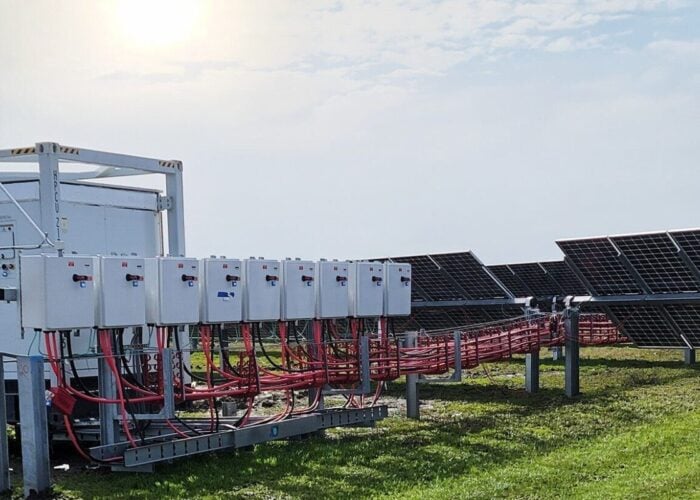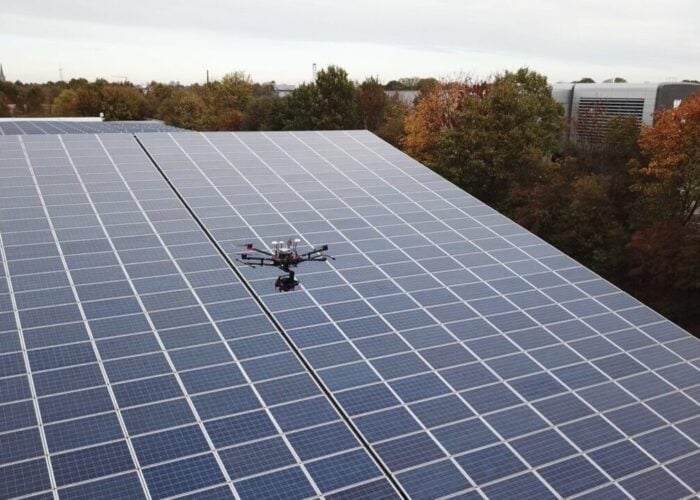Polysilicon producer REC Silicon has been forced to sell solar grade (FBR) polysilicon below cash cost, due to weak demand and ASP declines, driven by demand curtailment in China and continued polysilicon capacity expansions.
REC Silicon reported third quarter 2018 revenue of US$43.7 million, down from US$58.9 million in the previous quarter.
Try Premium for just $1
- Full premium access for the first month at only $1
- Converts to an annual rate after 30 days unless cancelled
- Cancel anytime during the trial period
Premium Benefits
- Expert industry analysis and interviews
- Digital access to PV Tech Power journal
- Exclusive event discounts
Or get the full Premium subscription right away
Or continue reading this article for free
The company reported a negative EBITDA of US$6.1 million compared to a negative EBITDA of US$9.6 million in the previous quarter.
Polysilicon sales volume for the quarter was 1,113 MT, a 46.4% decrease from the previous quarter, while inventory increased by 503MT.
Solar grade FBR polysilicon revenue in the third quarter was only US$6.2 million, a 69.8% decrease from the previous quarter, due to sales volume declining 62.2%, quarter-on-quarter to only 658MT and average ASPs declining 20.5%.
The company made an EBITDA loss of US$9.9 million on FBR sales, due to selling below production cash costs of US$15.1/kg.
In a recent investor note, ROTH Capital financial analyst, Philip Shen noted that he expected polysilicon production to increase around 32% in 2019 to 520,000 MT, while global demand was expected to increase by only 5-10% , indicating that the industry may be oversupplied by as muchas 120,000 MT.
“If poly pricing remains low, it will be critical to follow how many polysilicon companies shut down as the new capacity coming online is generally lower cost and higher quality,” noted Shen in the investor report. “Additionally, with the aggressive ramp-up of China polysilicon capacity, China may soon be able to serve all of its polysilicon demand domestically.”






